This is USA Biomedical Engineering Life Part 3
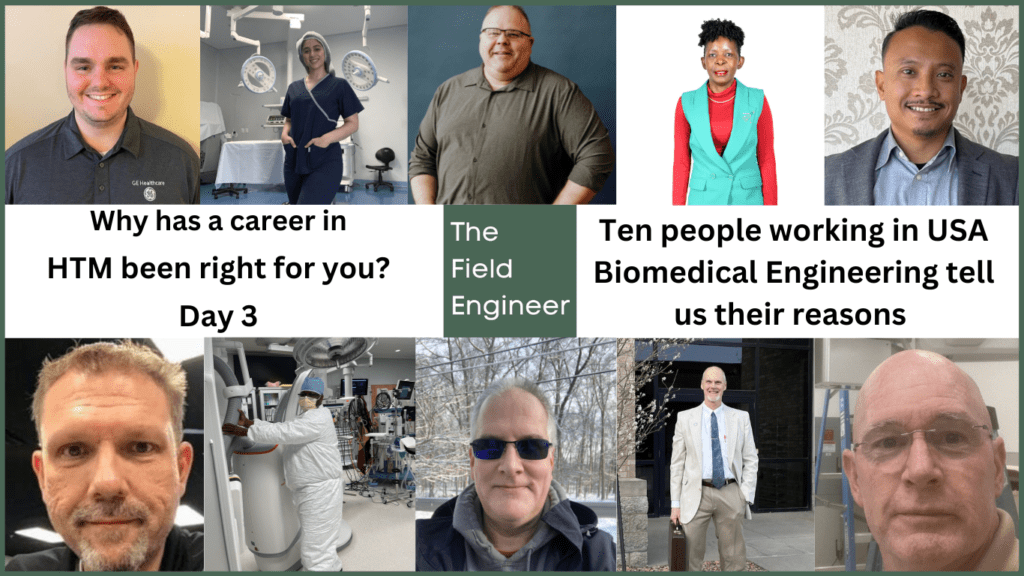

What is it like to work in Biomedical Engineering? Here are ten more HTMs and Biomeds from across the USA sharing their inspiration. “Healthcare Technology Management (HTM) Week, May 19–25, 2024, promotes awareness of—and appreciation for—the critical work of professionals who manage and maintain the vast assortment of health technology found in healthcare delivery organisations”.
Who are the People working in Biomedical Engineering in the USA?
Ten more people working in USA Biomedical Engineering
Ray Memita, Healthcare Technology Management Leader, Arizona
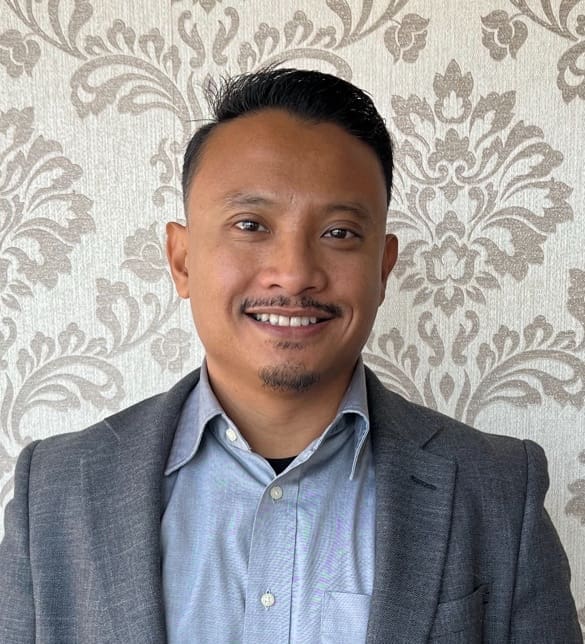

Ray Memita has over fifteen years of experience in HTM and is also a certified project Management Professional (PMP®). He is the Unit Head, Healthcare Technology Management at the Mayo Clinic in Phoenix, Arizona.
Why has a career in HTM been right for you?
The most fulfilling part of being an HTM manager and leader is taking care of the technicians that do all the work behind the scenes to ensure we can deliver high quality patient care. BMETs (Biomedical Equipment Technicians), Clinical Engineers and Healthcare Technology management staff are unsung heroes who often don’t get recognition, but we understand that we don’t do it for that. We do it because we know that lives can depend on anything we do maintenance or repairs on. I love this job and the new challenges it brings every day!
Zack Pelletier, Field Engineer, Connecticut
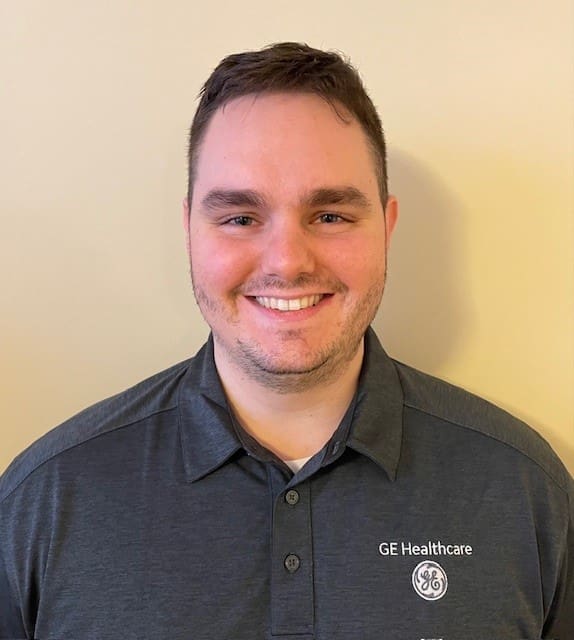

Zack Pelletier has an associate degree in biomedical engineering and electronics tech certification. He worked as a biomed technician for 5 years before moving to his current role as a field engineer for GE HealthCare, specialising in diagnostic imaging.
Why has a career in HTM been right for you?
My HTM career began as an interest in electronics and mechanics from a young age. Then when I was 18 years old, my father was unexpectedly hospitalised due to a brain aneurism. He unfortunately passed away shortly after, and though I was grieving, I was also grateful that I was able to see him alive, even in critical condition, before his passing. This was in part due to the advances in medical technology and equipment that was keeping him alive. This sparked an interest in me in how this equipment worked.
Every time I work on a piece of medical and imaging equipment, I think not only about my father, but about the people who are awaiting diagnosis. The very least I can do is ensure their procedures go smoothly.
Paulina Perez, Biomedical Engineer, Georgia
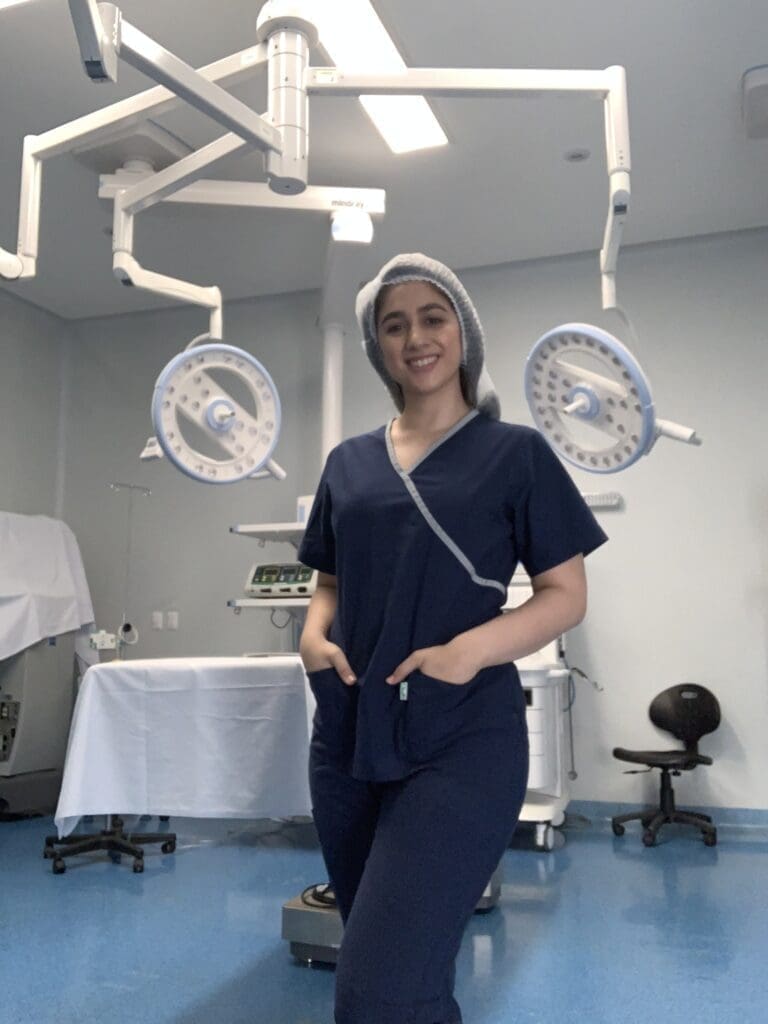

Paulina Perez has degrees in Biomedical/Medical Engineering and Quality Control and Safety Technologies. She works for Wellstar Health System as a Biomedical Engineer. Paulina is based in LaGrange in Georgia.
Why has a career in HTM been right for you?
Choosing a career in Biomedical Engineering has been a deeply fulfilling journey for me, as it seamlessly integrates my love for technology with my passion for improving healthcare outcomes. From enhancing medical devices to safeguarding patient well-being, I find immense satisfaction in applying engineering principles to directly impact the quality of care. Additionally, the dynamic nature of the field continually challenges me to expand my knowledge and skills, offering endless opportunities for personal and professional growth. Without a doubt, Biomedical Engineering is not just a career, but a calling that allows me to make a meaningful difference in the lives of others every day.
Ed Klavins, US Service Manager (retired), Iowa
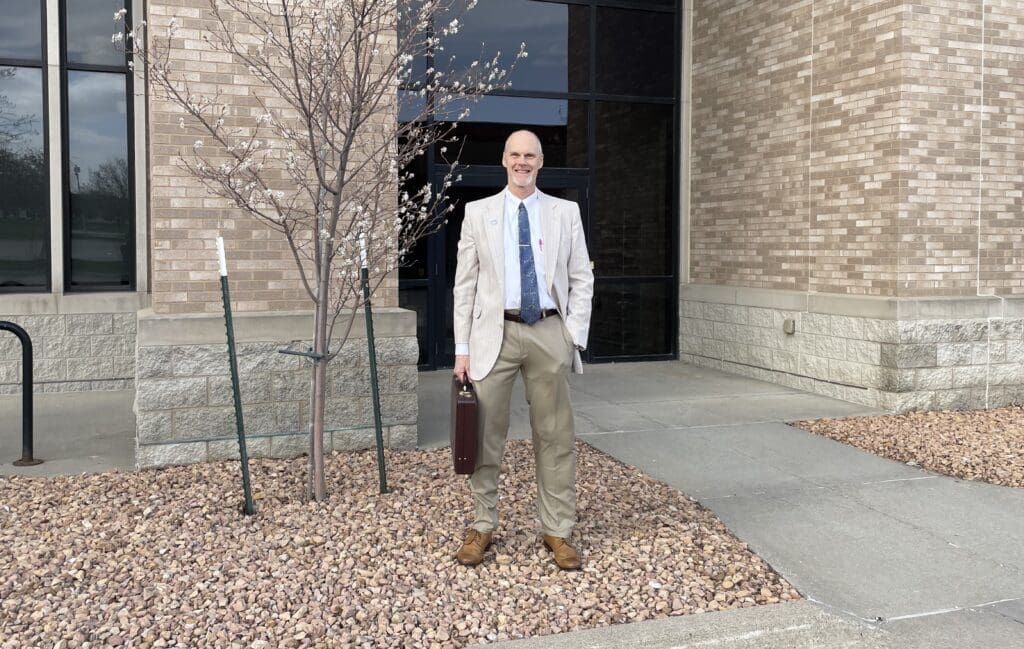

Ed Klavins worked as a field service engineer and manager for lab equipment. His most recent role was US Service Manager for the Bioresearch Division of Molecular Devices. Ed is now retired and enjoying life.
Why has a career in HTM been right for you?
HTM was a perfect career for me as it began by matching my science background with my affinity for tinkering. But it became so much more with daily challenges, constant variety, freedom from an office and what was ultimately most rewarding; the ability to help people, both the customer directly and the patients indirectly by ensuring the analysers operated at peak condition. That sense of accomplishment when you enable a lab to again begin producing results is priceless!
Joe Deater, Biomedical Engineering Technologist, Michigan
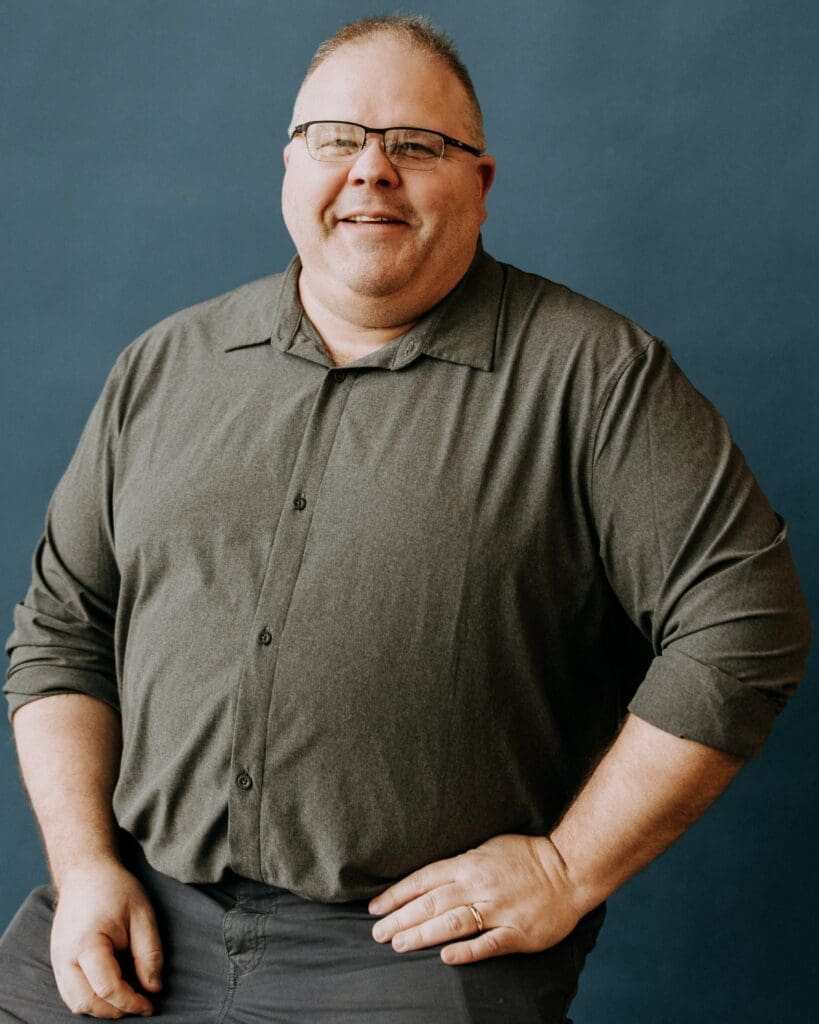

Joe Deater works as a BMET III at Munson Healthcare. He is also an Adjunct Instructor of Biomed at Northwestern Michigan College. Joe is based in Traverse City in Michigan.
Why has a career in HTM been right for you?
A career in HTM has been right for many reasons. First and foremost, I always wanted to be in healthcare but knew I didn’t want to be a clinician. My second oldest brother told me before I joined the Air Force to try and get into the biomed programme. I didn’t know what it was at that time, but he told me working on medical equipment in hospitals and that it was a great career field. He was not wrong, but I did not get a position then. However, I did get my electronics training and worked on F-16 fighter aircraft. When I left after 4 years, I then pursued University, and the College I attended happened to have a programme for HTM. Well sort of as I was the only one in it and no one had any idea what I was doing.
Career
I have been in HTM and Biomedical Engineering for over 27 years now and I am continually learning new things. I share those new things with my class each time we meet. That is another road that HTM made right for me. Teaching in Higher Education. I am an adjunct instructor for two semesters of Biomedical Technologies. I have tailored my class into being a prep for getting an HTM job. So, when my interns and then graduates get out into the real world they are prepared to hit the ground running. I emphasise to all of them that the HTM Degree is the first step into a life of learning. I also make a point to them that communication, compassion, and empathy are all needed in this job as well as a whole lot of patience.
Lastly being in HTM has provided nicely for my family and myself to have the freedom and security that a great career can bring. Even through the Pandemic when many were sent home for months, laid off from jobs, and generally concerned about the health both financially and physically. We continued to work through it all with barely a bump in our daily lives. The fact the Healthcare is so stable allows one to be able to look at the future positively and be well grounded. I have continued to travel down this road of life and can know that I have positively contributed to the well-being of family, friends, and others unknown.
Michael Lipka, Service Technical Instructor, Nevada
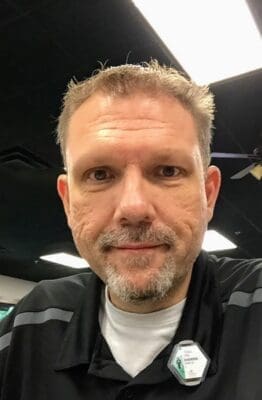

After experience in the US Navy and working as a Medical Field Engineer, Michael Lipka now works as a Technical Instructor and trains other Engineers and Vendors. Michael works for Canon Medical Systems USA Inc. and is based in Nevada.
Why has a career in HTM been right for you?
Pursuing a career in Biomedical Engineering in Nevada has been a perfect fit for me due to the state’s burgeoning healthcare industry and its commitment to innovation. The proximity to cutting-edge medical facilities and research institutions has provided ample collaboration and professional growth opportunities. Nevada’s diverse population has also allowed me to work on a wide range of projects, from developing medical devices to improving patient care technologies, which aligns with my passion for making a tangible impact on people’s health and well-being. Moreover, the state’s supportive community and vibrant city life have made it an ideal place for both personal and professional fulfilment.
Edward Kwaw Newton, Biomed/Clinical Engineer, New Jersey
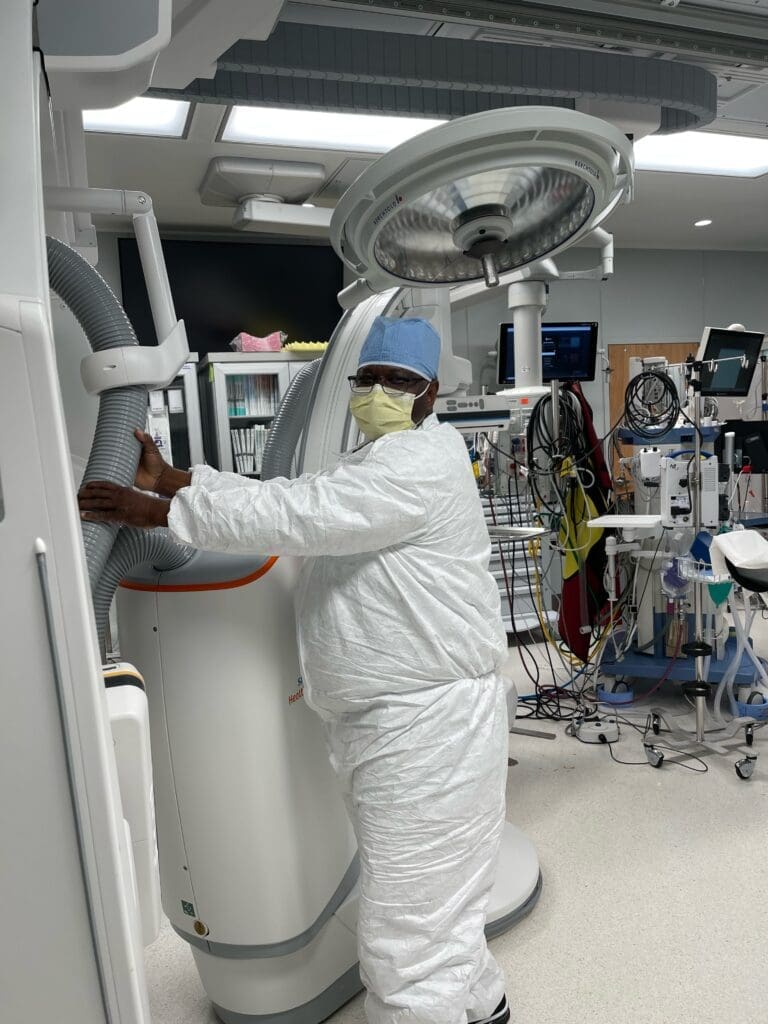

Edward Kwaw Newton is a Biomedical Engineer/Clinical Engineer at the University of Pennsylvania Health System. He is based in Collingswood, New Jersey.
Why has a career in HTM been right for you?
A career in Healthcare Technology Management (HTM) has been right for me because it has helped me combine my passion for technology with a strong desire to contribute to healthcare. Working in HTM allows me to ensure that medical devices and systems operate efficiently and safely, directly impacting patient care and outcomes. The dynamic nature of the field, with constant advancements in technology and the need for ongoing learning and adaptation, keeps the work engaging and challenging. Additionally, the opportunity to solve complex problems and improve healthcare delivery provides a deep sense of purpose and fulfilment.
Russell Neyhart, Field Service Engineer, Pennsylvania
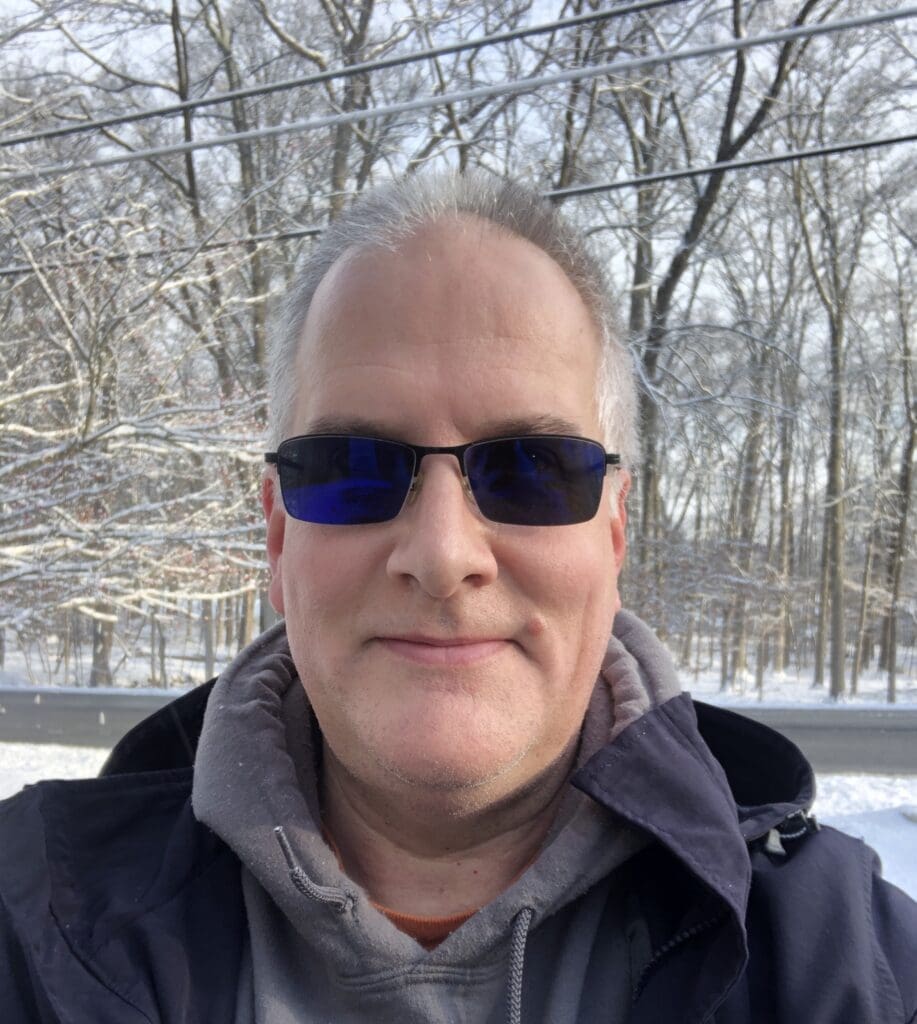

Russell Neyhart is a Technical Trainer and Field Service Engineer with a breadth and depth of experience. He studied Microelectronics Technology. He works for Miltenyi Biotec and is based in Pennsylvania.
Why has a career in HTM been right for you?
Working in HTM has been a good fit for me for many reasons. Scheduling my own service calls affords me a lot of flexibility. There can be some long days, but also some short ones, so it evens out. It is interesting to go see other areas and meet other people. After a while, certain areas you travel a lot to sort of become an extension of “home”. You find places you like to frequent when you are there and make acquaintances as well. Although once you are inside working on an instrument with everything being basically electronic, electric, pneumatic, etc… like other instruments, it is interesting to know the processes that the instrument is used for. It is a good feeling that something you are working on is used to help promote others’ well-being.
Millicent Alooh, Regional Director, BMET Implementation, Texas


Millicent Alooh is the Regional Director, BMET implementation at Rice360 Institute for Global Health Technologies. She is based in Kenya and Houston, Texas.
Why has a career in HTM been right for you?
A career in Healthcare Technology Management (HTM) and Biomedical Engineering has been incredibly fulfilling to me due to its direct impact on patient care and the diverse skill set it requires. This is because HTM professionals ensure medical equipment is safe, functional, and up to date, which directly affect the quality of patient care. Combining technical skills, problem-solving abilities, and healthcare knowledge keeps the job interesting and challenging. There’s always something new to learn from repairing sophisticated medical devices to ensuring compliance with regulations. Additionally, the constant advancements in medical technology provide continuous opportunities for professional growth, keeping HTM professionals at the forefront of innovation.
The field of HTM offers job stability and high demand, making it appealing in an ever-changing job market. The interdisciplinary collaboration with healthcare providers, clinicians, administrators, and IT professionals among others enhances teamwork and provides a broader perspective on the healthcare ecosystem.
Furthermore, continuing education and certification opportunities ensure that HTM professionals stay updated with the latest technologies and best practices, contributing to personal and professional growth.
This blend of technical expertise and meaningful societal contribution makes a career in HTM not just a job, but a deeply rewarding vocation.
Michael McCombs, Field Service Engineer and Training Coordinator, Virginia
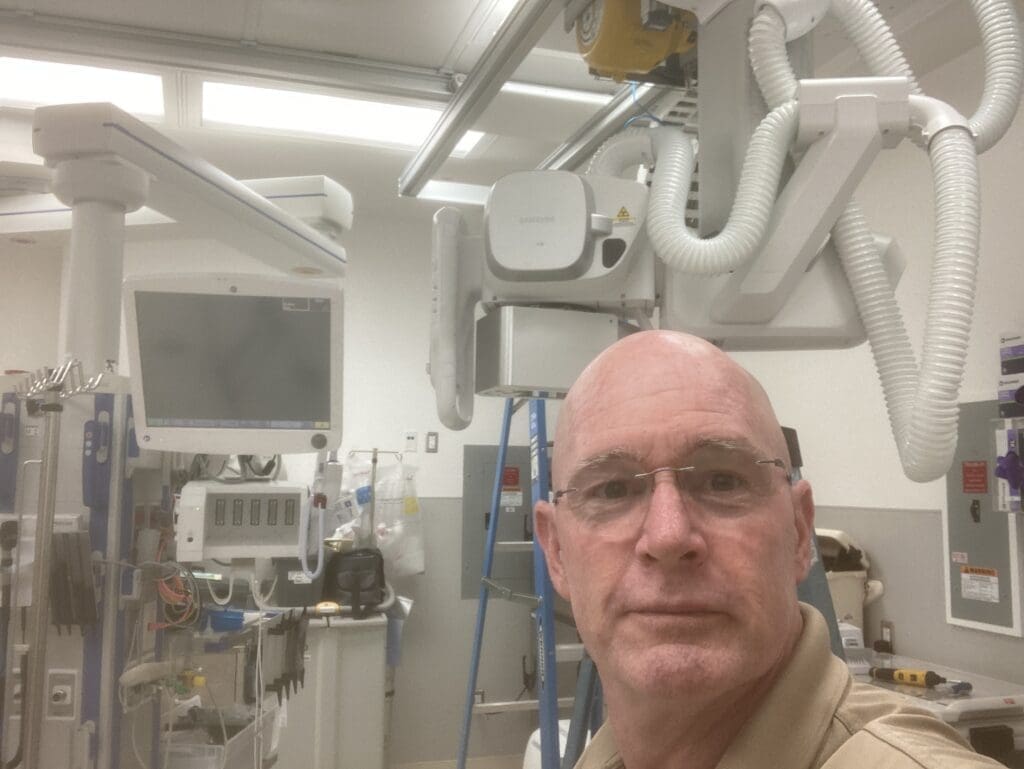

Michael McCombs transitioned from the military to a career in healthcare. He works as a Field Service Engineer/Training Coordinator for Prestige Medical Imaging. Michael is based in Chesapeake, Virginia.
Why has a career in HTM been right for you?
When I retired from the military in 2007, I wanted to make sure my follow-on career left me with a sense of purpose. I wanted my next career to mean more than simply putting money in someone else’s pocket.
Shortly after I began my field service career, while working in radiation oncology, I met a patient.
An example
Apparently, he had asked who maintained all of the equipment used to treat his cancer, and I happened to be onsite. The person in charge of his treatment introduced us, telling me his name and informing me that he had just found that, after two years, he was still cancer-free. He reached out to shake my hand and said, “thank you for what you do.” I smiled and responded that, “I like my job, and I’m happy to hear about his successful treatment.”
“You don’t understand,” he said, opening his wallet to show me a picture. It was a picture of an infant. “This is my newest granddaughter,” he proudly shared. “I would never have met her if it wasn’t for you and the job you do. Thank you.”
As a father of young daughters, his statement hit me hard. I shook his hand, mumbled something about the time and a long drive home, and went to the restroom. I locked the door and stayed there until I’d composed myself.
Why is this the right field for me? For anybody? I’ll tell you what I found that day: purpose.
Every day I go to work, somebody benefits. They may never see me. In fact, if I’m doing my job right, they won’t. I may never meet them. Somewhere, though, a patient is being diagnosed, treated, cared for. Providers care about their patients. Medical field service engineers make sure they have the tools they need to do it.


Responses